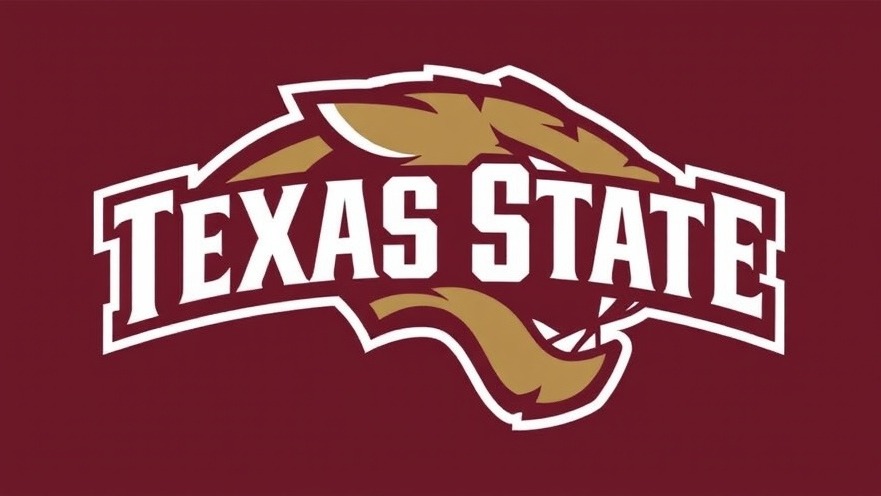
A Controversial Reinstatement: The Case of Thomas Alter
Thomas Alter, a professor at Texas State University, recently made headlines after a court ruled in his favor following his contentious termination. His dismissal stemmed from comments made during an online socialist conference, with university administration accusing him of inciting violence. However, his case has now taken a twist that places the intersection of academic freedom and free speech under renewed scrutiny.
The Legal Battle Behind Alter’s Dismissal
After being terminated on September 10, 2025, Thomas Alter wasted no time in filing a lawsuit against Texas State University, alleging that his due process rights were violated. A Hays County District Judge, Alicia Key, intervened, granting an injunction that allows Alter to return to the university, albeit without the ability to teach classes. The ruling reflects wider legal and societal debates surrounding academic practices and the implications of free speech, particularly in politically charged environments.
Political Backlash and Community Support
The aftermath of Alter's firing saw a rally in San Marcos, where local politicians and advocacy groups rallied for his reinstatement. Among them was state representative Erin Zwiener, who spoke about the need for preserving constitutional rights amidst what she termed 'authoritarian government overreach.' Although Zwiener disagrees with some of Alter's political beliefs, she underscored the importance of allowing individuals to express their views freely. This dichotomy—supporting someone's right to speak while disagreeing with their message—is emblematic of a growing trend in today’s politically polarized atmosphere.
Examining the Implications for Academic Freedom
Alter’s situation raises critical questions about academic freedom in Texas universities, particularly at a time when political tensions are high. As universities navigate the complexities of free speech, will they lean towards censorship or strive to uphold an environment of diverse viewpoints? This case isn’t an isolated incident; it reflects broader challenges where educators are increasingly under the microscope for their public opinions and perceived advocacy, especially in a current landscape shaped by volatile political climates.
The University’s Response: Moving Forward
Texas State University has indicated that they will review Alter’s case through their standard faculty investigative process. The university administration’s actions signal a delicate balance: they must ensure safety and maintain order on campus while also upholding principles of academic inquiry and discourse. How the university handles this process could set important precedents for the rights of faculty and, potentially, the kinds of discussions encouraged within academic settings.
Alarming Trends: Censorship in Higher Education?
Alter’s firing has elicited fears about a ripple effect of censorship in academic institutions across Texas. Recent incidents, including the expulsion of a student for controversial remarks and the termination of a faculty recruiter over related comments, suggest a tightening grip on freedom of expression in scholarly environments. As academic institutions try to navigate these tumultuous waters, continued public conversation is vital in ensuring that diverse voices are heard rather than silenced.
Civic Engagement: Why It Matters
The actions taken in Thomas Alter’s case highlight the importance of civic engagement and awareness in educational settings. As the citizenry engages with and demands transparency from institutions, it is crucial to ensure that discussions remain open and accessible, regardless of political beliefs. Events such as the rally for Alter exemplify civic responsibility in action—demonstrating how communities come together to defend individual rights in challenging times.
Looking Forward: What the Future Holds for Academic Discourse?
The unfolding saga of Thomas Alter points to a future where the discussions around academic freedom, safety, and responsibility are more important than ever. As institutions and communities grapple with these issues, proactive engagement from all sides will be essential in shaping a comprehensive approach to fostering an environment of free thought while also embracing responsibility and safety in higher education.
As we witness the implications of this ruling unfold, it challenges us to reflect on the pressing issue of free speech within our educational institutions. How can universities safeguard freedom of expression while ensuring productivity and safety in dialogues that are becoming increasingly confrontational?
To stay informed about key cases and issues affecting Texas and its education system, consider joining the conversation that influences the state’s educational landscape.
 Add Element
Add Element  Add Row
Add Row 



Write A Comment